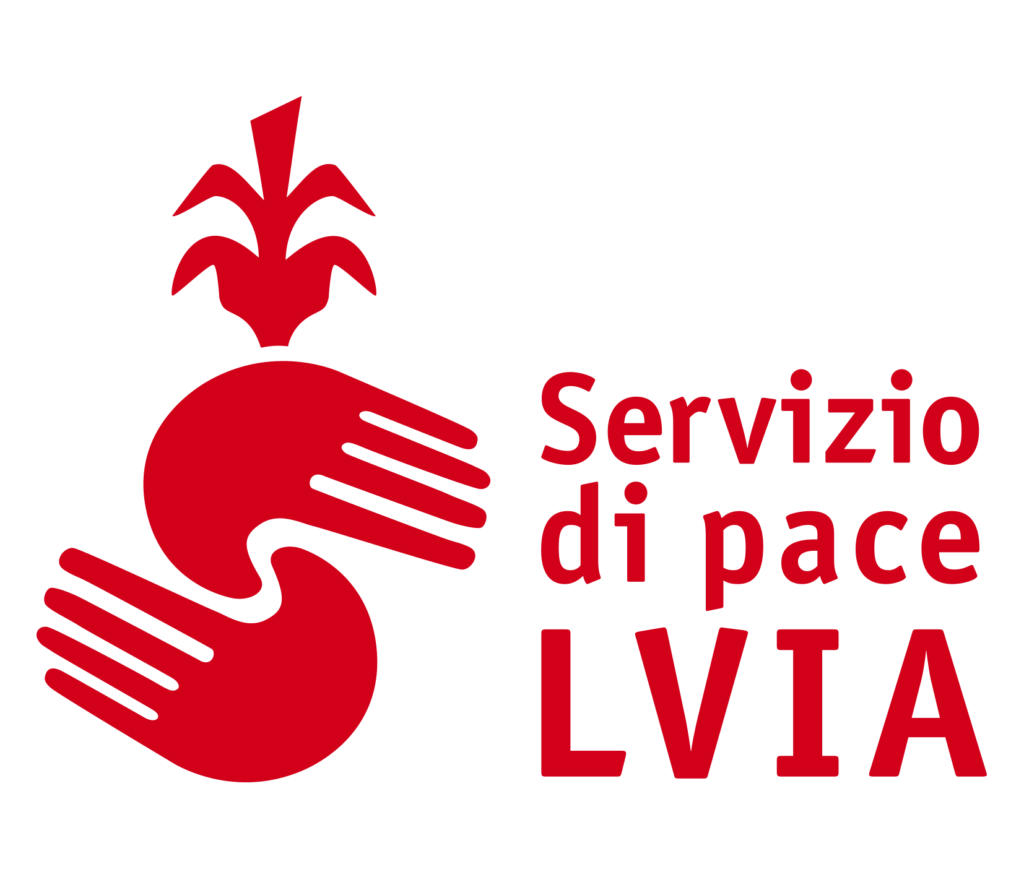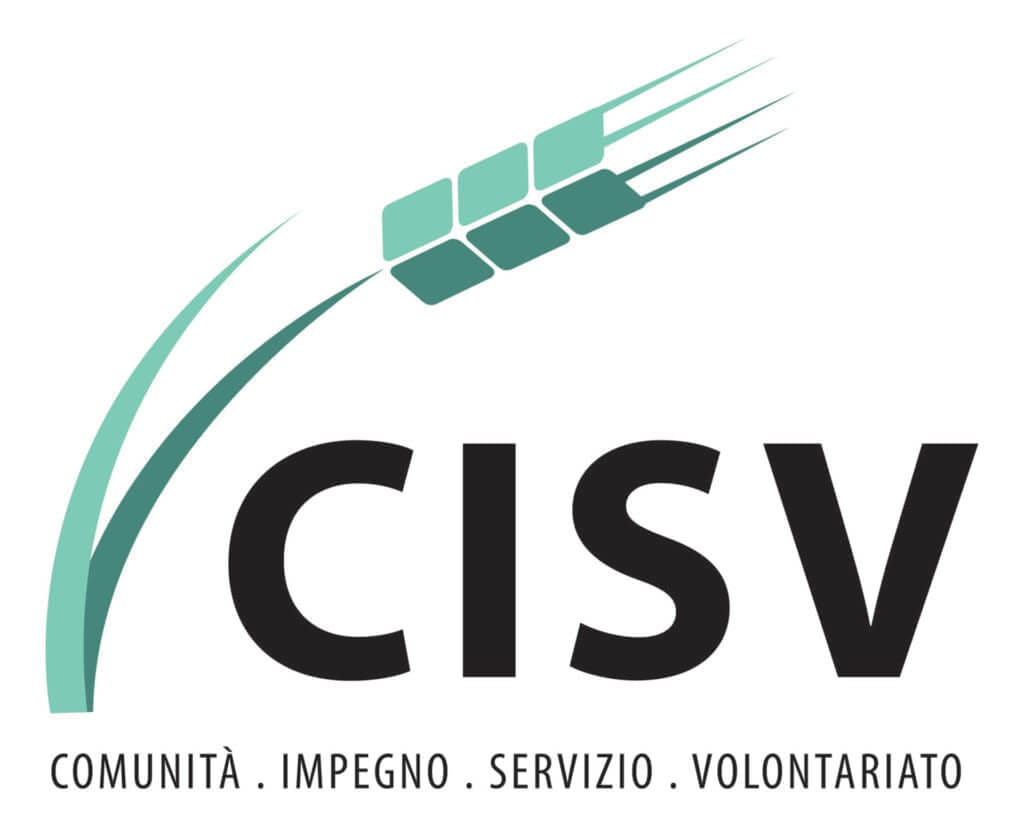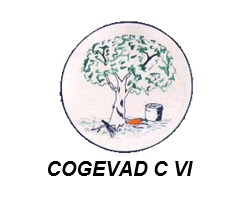The project supports the Municipality 6 of Bamako, Mali's capital city, to increase urban socioeconomic inclusion and protection of its population, with multi-sectoral actions aimed at creating opportunities and access to employment, as well as safeguarding the urban environment, with a focus on the most vulnerable groups, such as youth, women, displaced persons, and returnees.
Context of Intervention
There is a clear link between youth unemployment, insecurity and migration to Europe: since the 2012 crisis, young Malians have been living in a situation of increasing precariousness - exacerbated by the COVID-19 pandemic - in a fragile socio-economic fabric unable to respond to the effects of the population growth and climate change. The urban area of Bamako, with a high rate of youth unemployment, is an area of origin for Malian migrants to Europe and a destination for returnees and transit migrants.
The project activities
The project aims to support the population of the Municipality 6 of Bamako by creating opportunities and access to employment on three virtuous value chains through the creation of a Development Plan for each of these value chains.
Personalized support paths, scholarships, technical and vocational skills training for 2,000 young people and the activation of two desks are planned: one for support funds for 80 small and medium-sized youth enterprises and one for career guidance. In addition, 18 Vocational Training Centers will receive structural support.
The Waste Collection supply chain is at the center of our intervention, both from an employment and environmental perspective, to enable a more livable, healthy, and better equipped urban environment to cope with the tangible effects of climate change on the city and to facilitate people's access to sanitation services. The foreseen actions aim at strengthening the waste collection system and to improve in stormwater and wastewater management systems.
In addition, part of the action focuses on supporting community and individual protection services to facilitate the implementation of planned and well-managed migration policies at the territorial level, and particularly for IDPs living in the Faladié, Sénou, Mabilé et Niamana camps.





